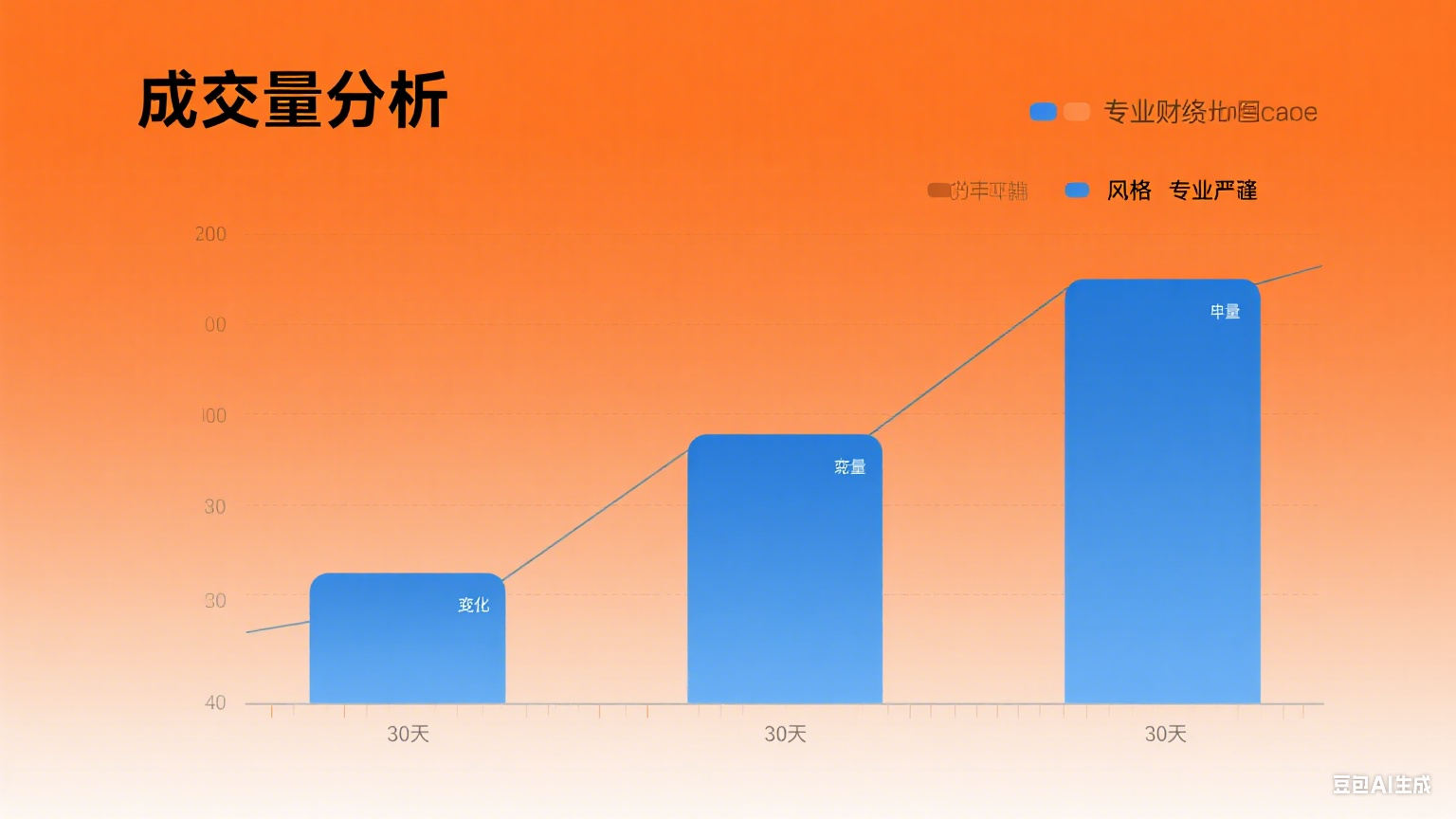
Former OpenAI VP: "AI Talent War" is Widening the Pay Gap
In a recently aired podcast episode, Deng stated, "I think it does have second-order effects. Some people, though not researchers, feel they have contributed significantly to the product or company and brought immense value, but the gap in compensation, Restricted Stock Units (RSUs), and other aspects is growing wider."
RSUs typically refer to Restricted Stock Units used by modern enterprises to incentivize employees. They represent a promise to grant employees stock in the future, usually contingent on meeting specific conditions (such as years of service) before they can be obtained and potentially converted into common stock.
Admittedly, the AI talent war has brought inflated compensation and rapidly changing competitive opportunities to a minority of researchers. Top talent is highly sought after by major tech companies like OpenAI, Meta, Anthropic, Perplexity, and xAI. Databricks' AI Vice President Naveen Rao even compared the AI talent war to "finding LeBron James."
However, just as in sports, there are "stars" who receive overwhelming attention and inevitably "supporting players" who remain in the shadows. For every LeBron James, there is a player "riding the bench," even if they participate in team practices and training, their earnings are far less.
Nevertheless, even though the talent war has widened the salary gap, Deng still views it as a net positive. He said the winners are "everyone else"—"investors and other startup founders" who benefit from the push toward general superintelligence.
Meta officially established the Meta Superintelligence Labs (MSL) in June this year, aiming to build "personal superintelligence." To rapidly build capacity, Meta has heavily recruited top talent from OpenAI, DeepMind, and others, luring them with compensation packages worth hundreds of millions.
"This strategy of offering a large amount of guaranteed compensation upfront is the reason you get people to join, but to the extent that they are truly focused on compensation rather than the work and mission, I don't think it builds a great culture," he said.
















